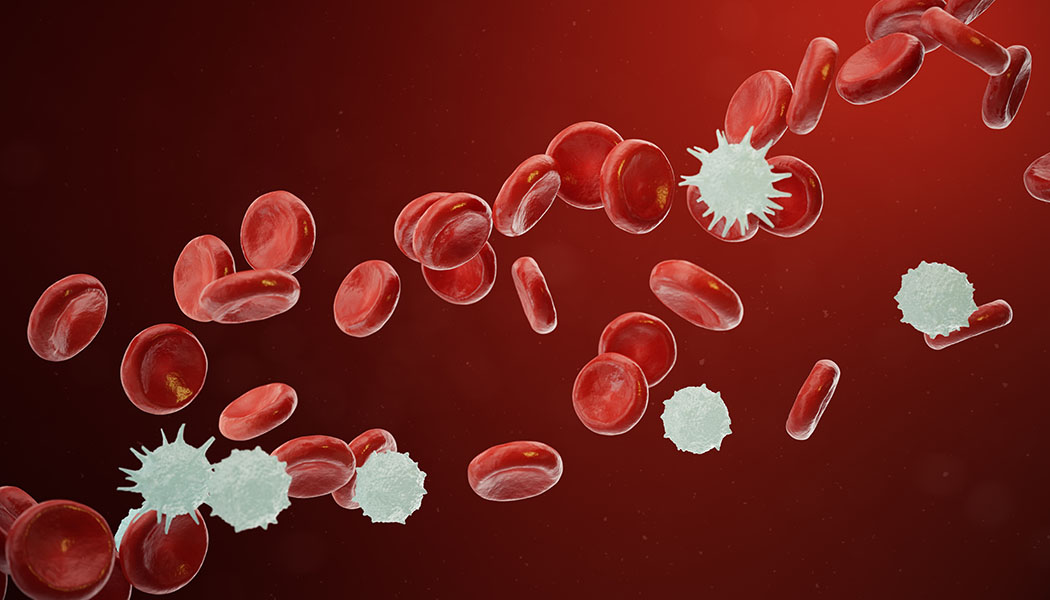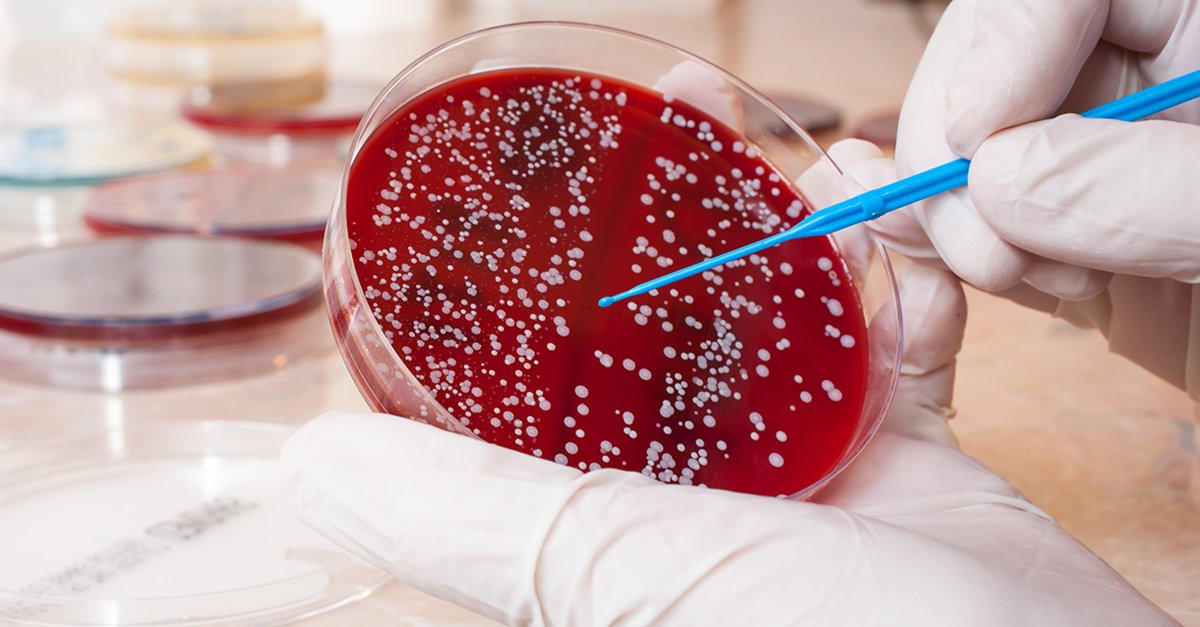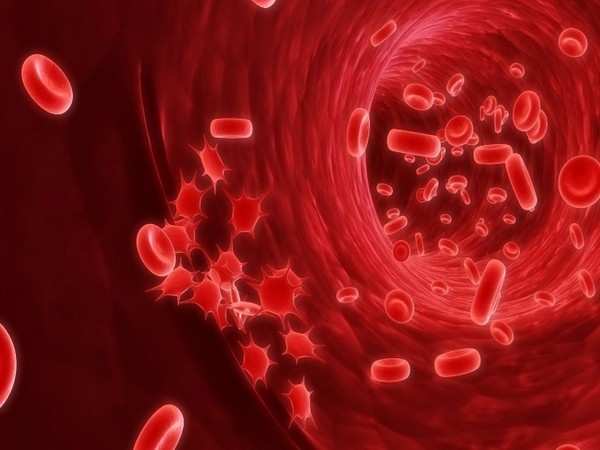Blood cancer is a group of diseases that develop in the blood. There are different types of blood cancer, such as leukemia, lymphoma, and myeloma. The most common type of blood cancer is acute lymphoblastic leukemia. Acute lymphoblastic leukemia is the most common childhood cancer. The incidence of this cancer in the US has increased by 90% since 1990. A blood cancer diagnosis can change your life forever. Whether it’s leukemia, lymphoma, myeloma, or any other blood cancer, it’s essential to know what to expect after your diagnosis and what to do to beat it.
When your doctor tells you that you’ve been diagnosed with blood cancer, you might feel overwhelmed by the amount of information available on the internet. But don’t worry – there are plenty of resources that can help you. We’ve created this list of the top 10 proven ways to fight blood cancer and keep it away forever. A friend of mine is battling blood cancer. She is the most resilient person I know. She has been in the hospital for almost two months now. It has been the most challenging time of her life, and I know she needs our support. You can help her by sending positive thoughts and energy her way.

What is blood cancer?
Blood cancers affect the blood, bone marrow, and immune system, making it necessary to treat them aggressively. Although they’re rare, there are several types of blood cancer, including chronic lymphocytic leukemia, acute myeloid leukemia, and multiple myeloma. According to the American Cancer Society, the five-year survival rate for all blood cancers combined is 65%. But that’s only if you catch the disease in its earliest stages. If you don’t, it’s nearly impossible to recover.
Types of blood cancers
Blood cancer is a general term for several types of cancer that affect the blood. These types include acute leukemias, chronic leukemias, lymphomas, and myeloma. Blood cancers are also called malignancies, growing out of control and spreading to other body parts.
How blood cancers are treated
Blood cancers are a broad term covering many different types of blood cancer. They are also treated in various ways, depending on the style. Myeloma, for example, is a disease that involves the abnormal growth of plasma cells. These are cells that produce antibodies, and myeloma patients often need immunotherapy. Other blood cancers include acute lymphoblastic leukemia (ALL), characterized by immature white blood cells, and chronic lymphocytic leukemia (CLL), characterized by mature white blood cells. Most blood cancers can be treated with chemotherapy, radiation, and targeted therapy.
Blood Cancer Symptoms
Blood cancers are aggressive diseases that affect the blood cells. They often have long-term complications that can be debilitating, and treatments can have serious side effects. After a blood cancer diagnosis, it’s crucial to know what you should be doing to treat the disease and what you can do to prevent it. Blood cancers can be grouped into several types: leukemia, lymphoma, myeloma, and others. Some of these can be treated, while others are incurable.
Blood Cancer Treatments
While plenty of websites give you a quick rundown of your diagnosis, most focus on the physical side of things. Suppose you’re looking for more information on blood cancer’s emotional and psychological side. In that case, you’ll find many blogs and articles written by people who are currently fighting the disease. Blood cancer treatments can be complex, but you’ll find that many patients rely on the support of others to help them through it. When you first receive a blood cancer diagnosis, you may feel overwhelmed by the amount of information available on the internet. Fortunately, you can find reliable information from the American Society of Clinical Oncology (ASCO), the American Cancer Society, and the National Comprehensive Cancer Network (NCCN).
Blood cancer prevention
While most blood cancers can be treated, there are ways to prevent them from happening. Blood cancer is the name given to cancers that affect the blood. The most common type of blood cancer is leukemia. Leukemia occurs when white blood cells grow uncontrollably and replace healthy blood cells. Lymphoma is the second most common form of blood cancer, affecting lymphocytes. Lymphocytes are immune system cells that help fight infections and are found throughout the body. Myeloma is the third most common blood cancer. Myeloma occurs when plasma cells develop and grow in the bone marrow.
Myeloma is also called multiple myeloma, and it can spread throughout the body. Most blood cancers are diagnosed by a pathologist and can be found in the bloodstream, bones, lymph nodes, or other organs. Each type of blood cancer has its symptoms. If you’re a beginner, it’s good to ask your doctor to perform a physical examination before starting treatment. It’s also a good idea to keep a journal of your symptoms and a list of the foods and activities you’ve been consuming. You can then compare these with your doctor’s notes and see if you notice a pattern.
Blood cancer stages
You’ve probably seen the blood cancer stages chart that includes the different cancer types and their respective stages. It’s a handy tool to help you understand how far into your cancer is. But where did this chart come from? Why is it so accurate? What exactly does each stage mean? The good news is that we’re finally learning more about blood cancers. The bad news is that many of these discoveries come from clinical trials. But this doesn’t necessarily mean that we know everything. So while you may be able to find a chart like this on the internet, the truth is that there’s no one source for this information.
Why do we need to know about blood cancer?
Blood cancers are cancerous cells that have spread to the blood. There are many different types of blood cancer, and they can affect both adults and children. It’s estimated that nearly 1 million Americans have some blood cancer. About 70% of those cases are acute (new) blood cancers. These cancers tend to develop very quickly. If you notice any unusual symptoms, you should see your doctor immediately. What’s more, blood cancer affects both children and adults, affecting anyone.
Frequently asked questions about Blood cancer.
Q: What is the best thing about being diagnosed with blood cancer?
A: The best thing about being diagnosed with blood cancer is that it’s treatable.
Q: How long did it take you to figure out that you had cancer?
A: It took me a few days before realizing that I had cancer. I had been having pain in my left side, and I thought it was a pulled muscle.
Q: What are some of the symptoms of blood cancer?
A: I had to go to the emergency room because I had a very high fever. There were no signs of infection, but they found out that I had leukemia, and I was hospitalized.
Q: What’s the best treatment for blood cancer?
A: The best treatment for blood cancer is the combination of chemotherapy and stem cell transplant.
Q: What are some of the side effects of blood cancer?
A: The side effects of blood cancer can be pretty severe. Some of the side effects include nausea, vomiting, constipation, diarrhea, fatigue, mouth sores, and hair loss.
Q: What can you do when you’re sick?
A: You can keep yourself hydrated by drinking plenty of fluids.
Myths about Blood cancer
1. The symptoms of blood cancer are so vague that they can be easily mistaken for typical symptoms.
2. There is no effective treatment for blood cancer.
3. Blood cancer has an inferior prognosis.
4. Blood cancer patients live for only a few months.
5. Blood cancer is a type of cancer that should not be treated with radiation therapy.
Conclusion
Blood cancer is a severe condition that is often fatal. Thankfully, many effective treatments can cure or significantly reduce blood cancer risk. But, as many of you know, getting diagnosed can be frightening. I’m writing this article—the more people who know about these treatments, the better. There are many different types of blood cancer. Some of the most common styles include leukemia, lymphoma, and myeloma. I recommend reading “The Blood Cancer Survival Guide to learn more about these diseases.”










